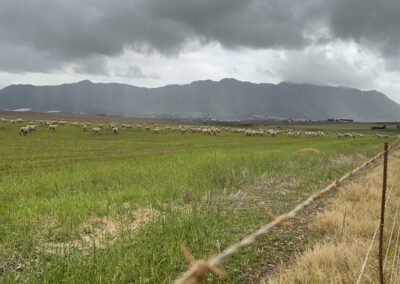The National Greenhouse Gas Emission Reporting Regulations came into effect on 3 April 2017, with the first submission deadline being set for 31 March 2018. The purpose of these regulations is to allow the Department of Environmental Affairs (DEA) to gather information from businesses to assist South Africa to update and maintain a National Greenhouse Gas Inventory. This is a requirement under the Paris Climate Agreement, which South Africa ratified in November 2016.
The Greenhouse Gas (GHG) emissions companies report will be used as the basis for their carbon tax calculations. Companies, in control of certain GHG emitting activities and which exceed a predetermined threshold, will be required to submit GHG emission data in a format prescribed by the Regulations. The calculations of their emissions must be done in line with Technical Guidelines. These were published with the Regulations. Companies should note that the calculation methodologies in these Technical Guidelines differ from the conventional corporate calculation methodologies as GHG Protocol Corporate Standard and ISO14064.
STEPS YOUR COMPANY SHOULD TAKE NOW:
- Determine whether it is in control of an activity listed in Annexure 1 of the Regulations,
- Determine whether the installed capacity, associated with that activity, exceeds the indicated threshold. If so, register your company and familiarise yourself with the NAEIS portal. Report your emissions by 31 March 2018 (as per the National Greenhouse Gas Emission Reporting Regulations). This is mandatory.
- The emissions reported to the Department of Environmental Affairs are the exact same emissions that will be subject to carbon tax payments. The carbon tax act should be effective from 1 January 2019. This means your company will pay carbon taxes to SARS over the emissions generated in the 2019 calendar year.
- Start planning now as to how to reduce your company’s possible future carbon tax exposure. You could look at ways to lower your operations’ GHG emissions through technological interventions. You could also think about offsetting, known as investing in carbon offsets.
Do you need more information? Please download our Mandatory GHG Reporting Factsheet!



